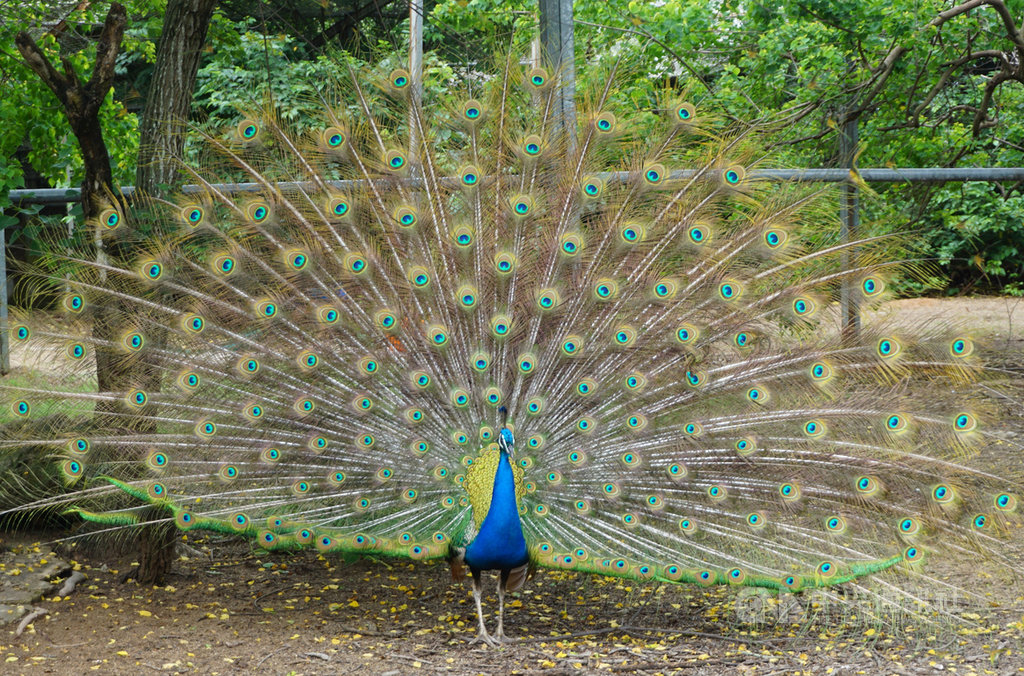
Peafowl
Pavo, Yue bird, Nanke, Kongjue, Kong bird
In zoological classification, peacocks belong to the class Aves, order Galli···
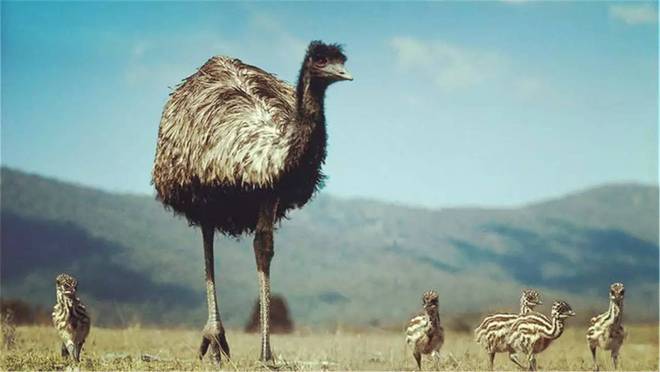
Dromaius novaehollandiae
Emu,Dromaius ater, Dromaius novaehollandiae rothschild,Australian ostrich, Ostrich australis,cassowary
Emu (scientific name: Dromaius novaehollandiae, pronounced the same as "···
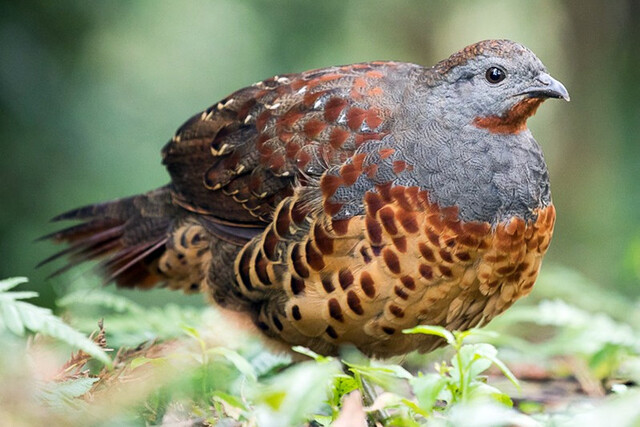
Bambusicola sonorivox
Bambusicola sonorivox,Taiwan bamboo partridge
Taiwan bamboo partridge, also known as red-footed bamboo partridge (English:···
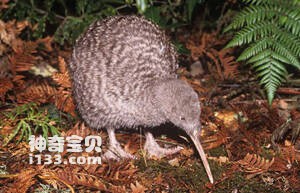
Apteryx haastii
Apteryx haastii,Great Sportted Kiwi
Apteryx haastii, Great Sportted Kiwi, no subspecies.A pair of large spotted ···
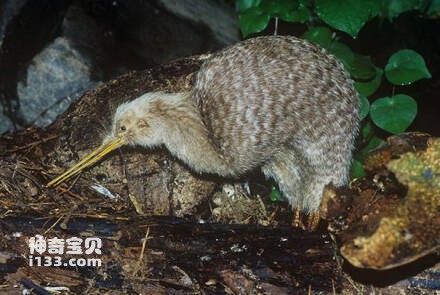
Apteryx owenii
Apteryx owenii,Little Spotted Kiwi
Apteryx owenii, Little Spotted Kiwi, no subspecies.A pair of small spotted k···
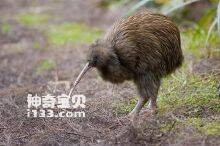
Apteryx australis
Apteryx australis,Brown Kiwi,Southern Brown Kiwi
Brown Kiwi Apteryx australis, foreign languages Brown Kiwi, Southern Brown K···
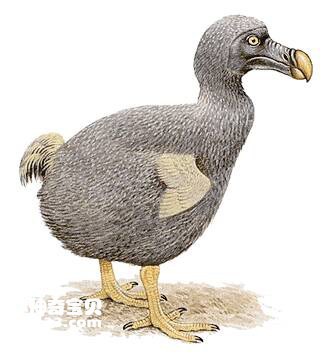
Pezophaps solitaria
Pezophaps solitaria
The Rodrigues dodo is a bird that looks like a dodo, can't fly like a dodo, ···
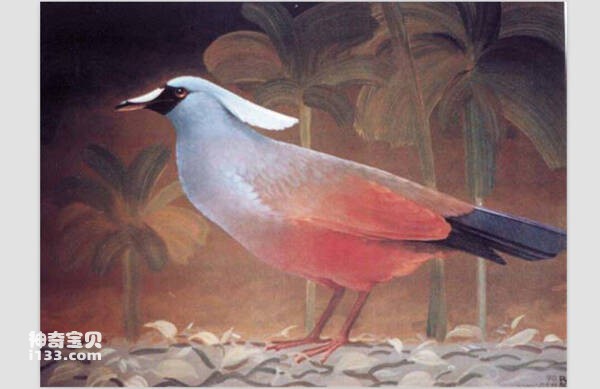
microgoura meeki
microgoura meeki,rothschild
Solomon's crown dove is known as microgoura meeki and rothschild. In the···
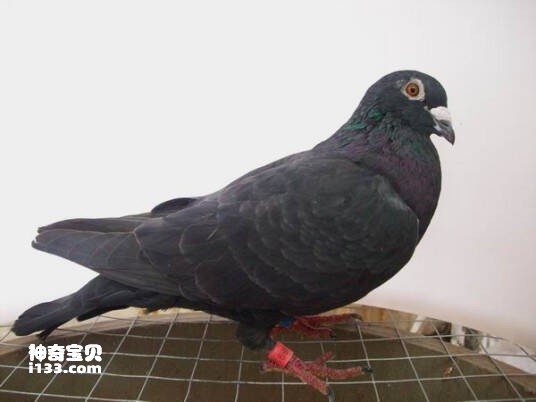
Columba jouyi
Columba jouyi
Columba jouyi is an extinct pigeon species from the Japanese islands of Okin···
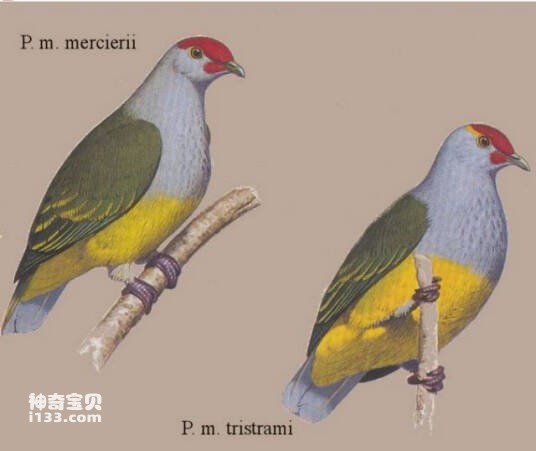
Ptilinopus mercierii
Ptilinopus mercierii,Red-moustached Fruit-dove,Moustached Fruit Dove
The scientific name Ptilinopus mercierii, foreign name Red-moustached Fruit-···
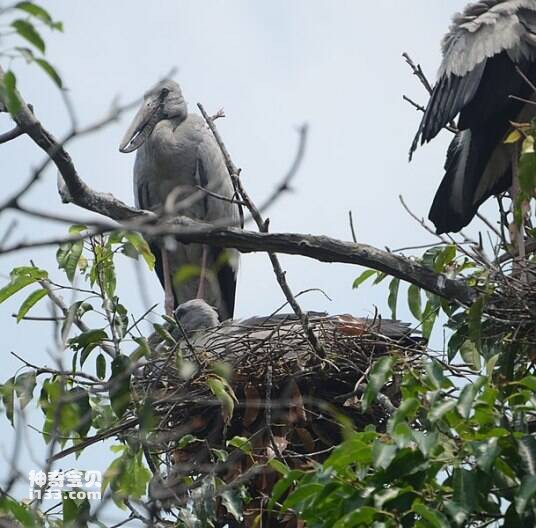
Alectroenas rodericana
Alectroenas rodericana
The Alectroenas rodericana (Alectroenas rodericana) is an extinct pigeon on ···
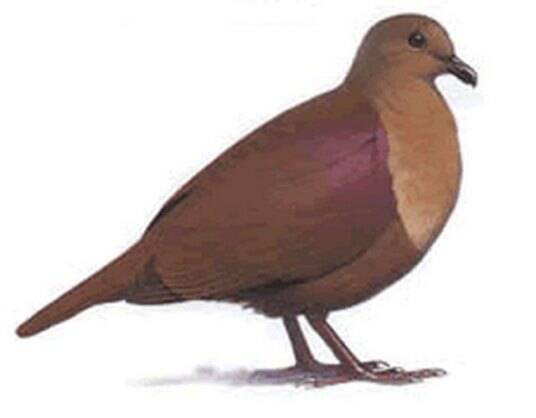
Gallicolumba salamonis
Gallicolumba salamonis
Thick-billed chicken dove, scientific name: Gallicolumba salamonis E. P. Ram···
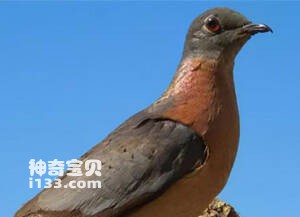
Passenger pigeon
North American passenger pigeon, Wandering pigeon, passenger pigeon, travelling pigeon
Passenger Pigeon (scientific name: Ectopistes migratorius) Passenger Pigeon,···
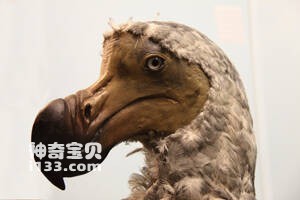
Raphus cucullatus,Dodo
Raphus cucullatus,Dodo
The Dodo (Raphus cucullatus) is one of the most famous extinct animals besid···
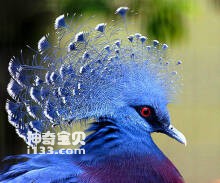
Goura scheepmakeri
Goura scheepmakeri,Southern crowned-pigeon
The yellow-breasted Crested pigeon (Goura scheepmakeri) is known as Southern···
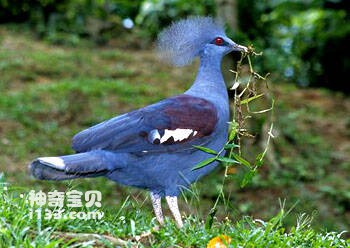
Goura cristata
Goura cristata,Blue Crowned Pigeon
The Blue Crowned Pigeon (Goura cristata) has three subspecies.The blue crest···
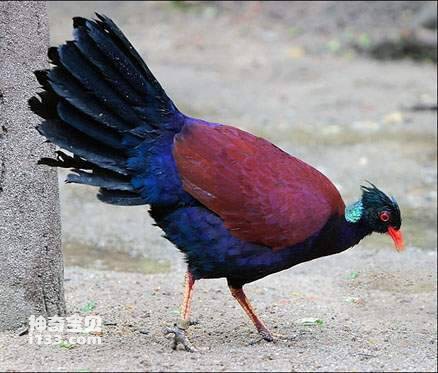
Otidiphaps nobilis
Otidiphaps nobilis,Pheasant Pigeon
The Pheasant Pigeon is known as Otidiphaps nobilis and Pheasant pigeon.Liste···
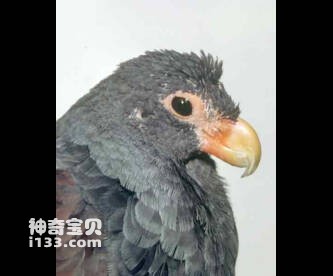
Didunculus strigirostris
Didunculus strigirostris,Tooth-billed Pigeon
Didunculus strigirostris Tooth-billed Pigeon, no subspecies.Doves live at al···
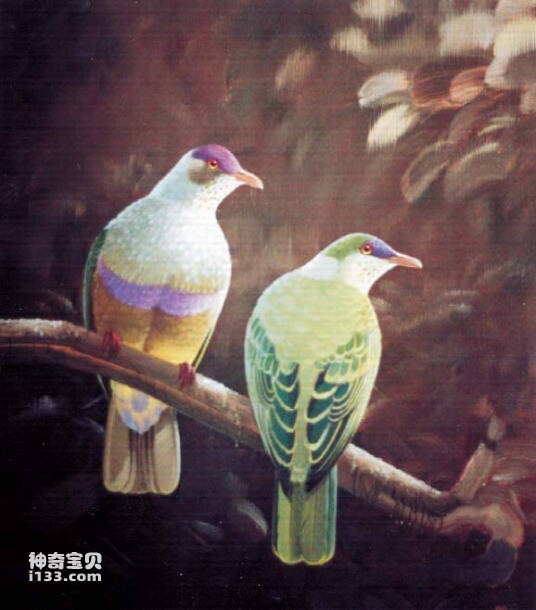
Ptilinopus huttoni
Ptilinopus huttoni,Rapa Fruit Dove
The species is known as Ptilinopus huttoni and Rapa Fruit Dove.Listed in the···
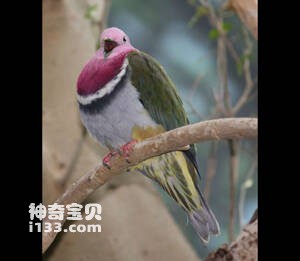
Ptilinopus porphyrea
Ptilinopus porphyrea,Pink-necked Fruit Dove
Ptilinopus porphyrea, also known as Pink-necked Fruit Dove, is unknown.Prote···
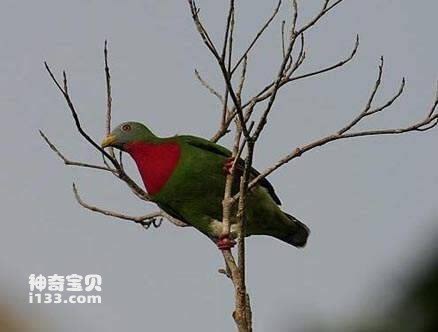
Ptilinopus viridis
Ptilinopus viridis
The scientific name Ptilinopus viridis is unknown.Listed in the Internationa···
